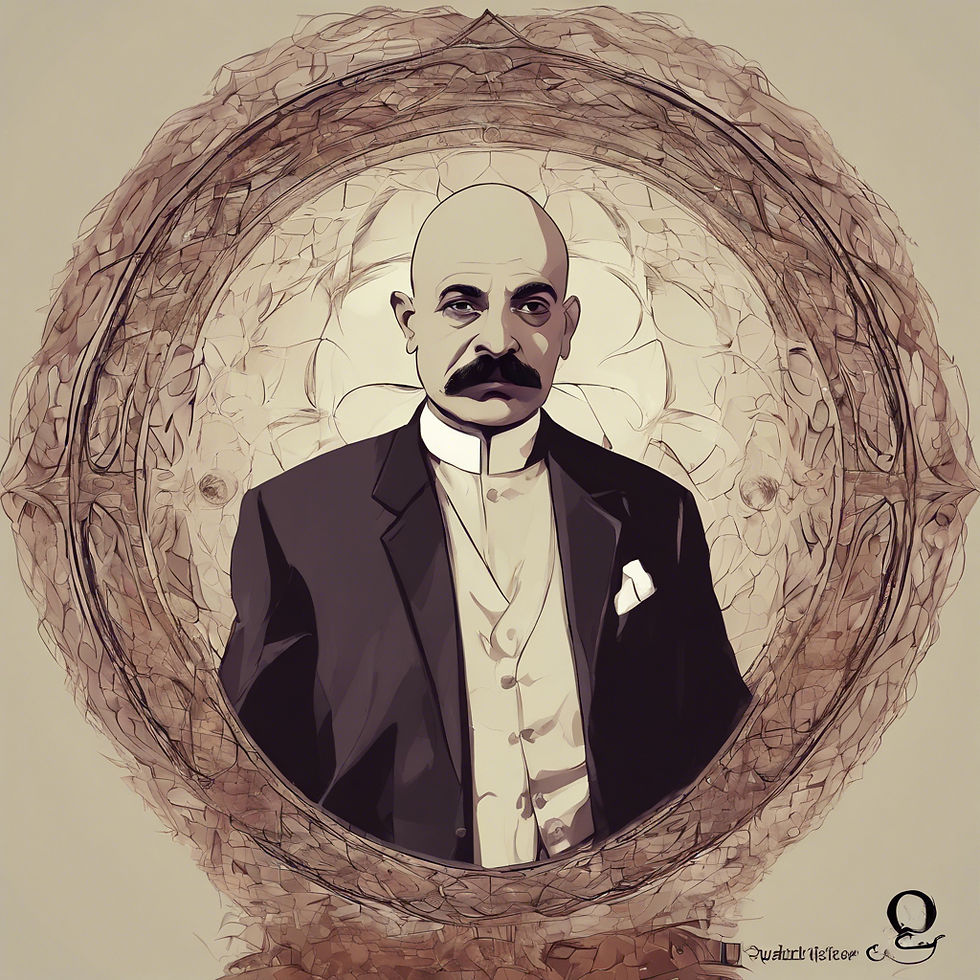The Challenge of Automatic Perception: A Reflection on Gurdjieff's Insight
- Jeric Te
- Aug 21, 2024
- 1 min read
G.I. Gurdjieff’s quote from Beelzebub's Tales to His Grandson highlights a significant aspect of human behavior—our automatic perception of new impressions, which begins in childhood and becomes deeply ingrained in our psyche. This automatic response, while seemingly beneficial, can be troublesome in adulthood as it removes the need for conscious effort and individual thought.
In essence, this "blessing" of automatic perception can become a hindrance, making it difficult for individuals to break free from habitual thinking and engage with new experiences in a meaningful, thoughtful way. Gurdjieff suggests that this automatism may lead to a life lived passively, where we fail to question our actions or the impressions we receive.
For those on a journey of self-awareness and personal growth, recognizing and challenging these ingrained patterns is crucial. It involves making a conscious effort to see the world not through the lens of past experiences and automatic responses, but with fresh eyes, actively engaging with each moment.
Gurdjieff’s insight encourages us to reflect on how we perceive and interact with the world around us. Are we merely reacting out of habit, or are we making deliberate choices? Breaking free from this automatic mode of perception is a challenge, but it is also a necessary step towards achieving greater self-awareness and intentionality in life.




Comments